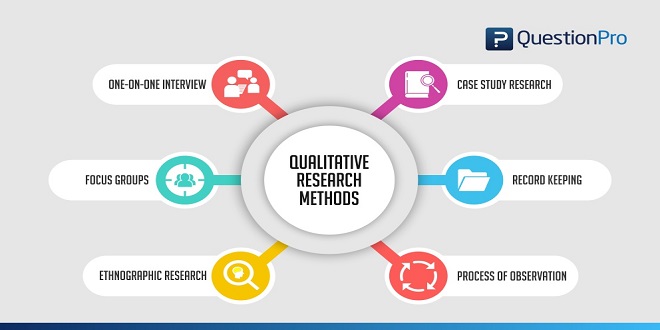Developing Measurement Procedures and Tools for Qualitative Studies

Use of Observations
Although observation is a large part of how we learn, observation as a tool of research requires systematic and careful examination of the phenomena being studied. Specifically, researchers who choose to use observation must conduct their observations in a way that results in accurate, unbiased, and richly detailed information.
We casually observe people’s fashions, the way they wear their hair, and how they act, but this does not constitute observation as a research tool. Observation as a research tool requires training in both what to observe and how to record the observations.
Degrees of Researcher Participation
When conducting observations, the primary goal is to gather data that are accurate and naturalistic and, to the greatest extent possible, that reflect the reality of the situation as the participants see it. This necessitates that you as the researcher become familiar with the setting and that the participants are comfortable with your presence. Before the start of the observation, you must decide to what degree you will allow yourself to be involved in the setting. There are certainly varying degrees of involvement that you can choose.
Observational Protocols
The previous categories are still too broad to be much help in focusing one’s observations. Therefore, many qualitative researchers develop an observational protocol specific to the topic of the study. Protocols are generally designed to gather data that cannot be predicted in advance.
Even when collecting qualitative data, it is important to have a protocol that will help guide the collection of data in a systematic and focused manner. Observational protocols may take different forms. In ethnographic or case study research, observational protocols are typically unstructured.
Some observational protocols include a recording sheet to be used in the observation. The recording sheet may simply provide an organized space for recording the details of what happens in a particular setting. Exhibit 5.4 presents an observational protocol and recording sheet for a qualitative program evaluation of an after-school poetry club.
Conducting and Recording Observations
Conducting good observational research takes time and practice. Before beginning, you should carefully prepare for your observations by reviewing the foreshadowed questions of your study to give you a clear idea of what behaviors and activities you will be looking for: they will focus your attention.
Last word
The observations or “raw data” produced by your observations will form the basis for the results and conclusions you draw in the study. As such, your recording of this information must be detailed, precise, and accurate. Most qualitative researchers write down their observations in the form of field notes, which are written descriptions of what the research observes in the field.





